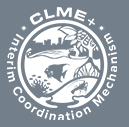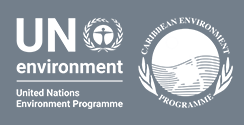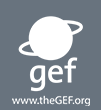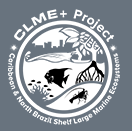FORCE Future of reef in a changing environment: An ecosystem approach to manage Caribbean coral reefs in the face of climate change
Brief Description:
Contributions to the 2030 UN Sustainable Development Agenda (SDG’s)
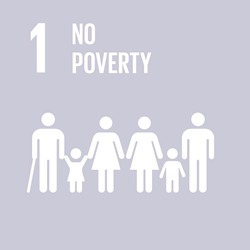
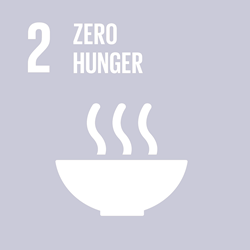
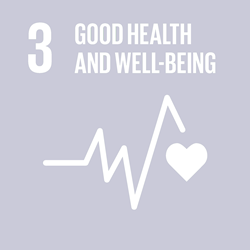
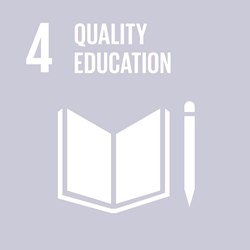
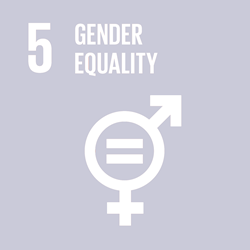
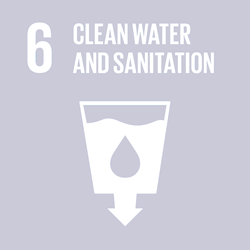
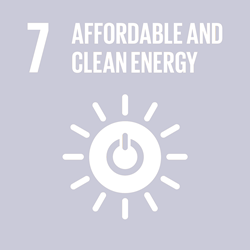
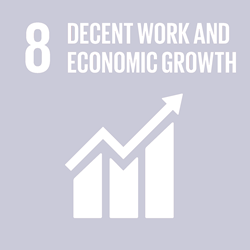
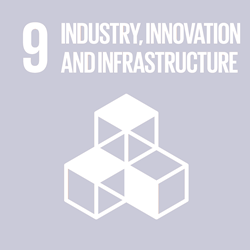
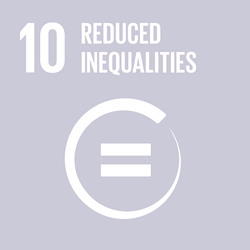
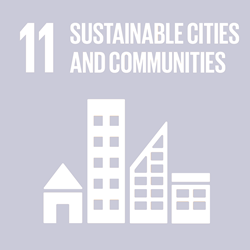
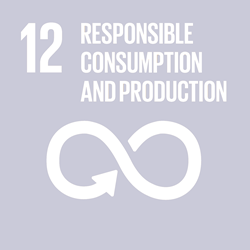
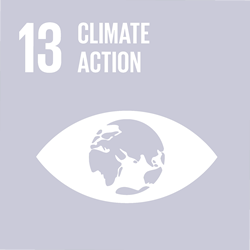
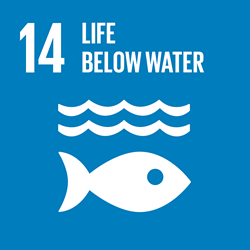
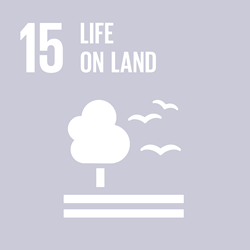
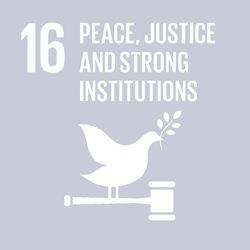
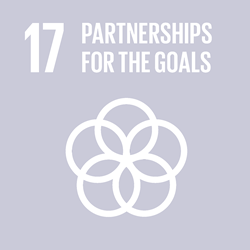
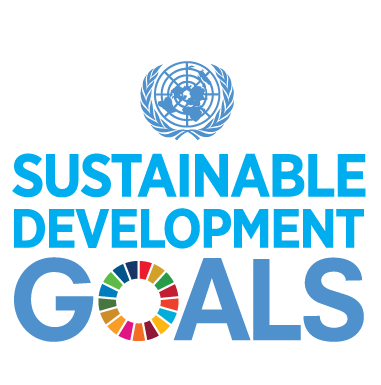
Other Regional and Global Commitments
The overall aim is to provide coral reef managers with a toolbox of sustainable management practices that minimise the loss of coral reef health and biodiversity. An ecosystem approach is taken that explicitly links the health of the ecosystem with the livelihoods of dependent communities, and identifies the governance structures needed to implement sustainable development. Project outcomes are reached in four steps. First, a series of experimental, observational and modelling studies are carried out to understand both the ultimate and proximate drivers of reef health and therefore identify the chief causes of reef degradation. Second, the project assembles a toolbox of management measures and extends their scope where new research can significantly improve their efficacy. Tools were developed to assist with a diverse range of issues ranging from incorporating climate change impacts into the design of marine reserve networks, identifying separate fish stocks just from morphometric measurements and providing livelihoods diversification frameworks to regional organisations.
El objetivo general es brindar a los gestores de los arrecifes de coral una caja de herramientas de prácticas de gestión sostenible que minimicen la pérdida de la salud y la biodiversidad de los arrecifes de coral. Se adopta un enfoque ecosistemico que vincula explícitamente la salud del ecosistema con los medios de vida de las comunidades dependientes e identifica las estructuras de gobernanza necesarias para implementar el desarrollo sostenible. Los resultados del proyecto se alcanzan en cuatro pasos. En primer lugar, se llevan a cabo una serie de estudios experimentales, observaciones y modelaje para comprender los factores impulsores de la salud de los arrecifes y, por lo tanto, identificar las causas principales de su degradación. En segundo lugar, el proyecto compila una caja de herramientas de medidas de gestión y amplía su alcance donde las nuevas investigaciones pueden mejorar significativamente su eficacia. Se desarrollaron herramientas para ayudar con una amplia gama de cuestiones que van desde la incorporación de los impactos del cambio climático en el diseño de redes de reservas marinas, la identificación de poblaciones de peces separadas solo a partir de mediciones morfométricas y la provisión de marcos de diversificación de los medios de vida a las organizaciones regionales.
Lead Organization : University Exeter
Donor: EU commission
Project ID: 244161
Geographic Scope:
Multicountry (regional)
Project Status: Completed
Start Date: 2010-01-01
End Date: 2014-01-05
Last Update: 05/01/2021
Start Date: 2010-01-01
End Date: 2014-01-05
Project Profile Manager: Peter Mumby
Contact Email: p.j.mumby@exeter.ac.uk
Contact Phone:
Contact Email: p.j.mumby@exeter.ac.uk
Contact Phone:
Partners:
Grant (USD):
$11,413,005.00
Total co-financing (USD):
$0.00
(Co) financing not originating from GEF:
Participating Country(s):
 Anguilla
Anguilla  Antigua and Barbuda
Antigua and Barbuda  Barbados
Barbados  Belize
Belize  Bonaire
Bonaire  Cayman Islands
Cayman Islands  Costa Rica
Costa Rica  Curaçao
Curaçao  Dominican Republic
Dominican Republic  Honduras
Honduras  Jamaica
Jamaica  Panama
Panama  Saint Kitts and Nevis
Saint Kitts and Nevis  Saint Lucia
Saint Lucia  Saint Vincent and the Grenadines
Saint Vincent and the Grenadines  Turks and Caicos Islands
Turks and Caicos Islands
 Anguilla
Anguilla  Antigua and Barbuda
Antigua and Barbuda  Barbados
Barbados  Belize
Belize  Bonaire
Bonaire  Cayman Islands
Cayman Islands  Costa Rica
Costa Rica  Curaçao
Curaçao  Dominican Republic
Dominican Republic  Honduras
Honduras  Jamaica
Jamaica  Panama
Panama  Saint Kitts and Nevis
Saint Kitts and Nevis  Saint Lucia
Saint Lucia  Saint Vincent and the Grenadines
Saint Vincent and the Grenadines  Turks and Caicos Islands
Turks and Caicos Islands Contributions to the 10-year CLME+ Strategic Action Programme (2015-2025)
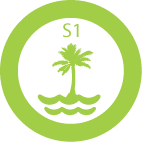


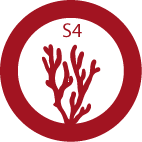
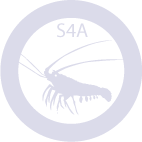

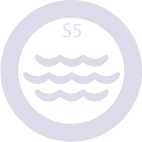
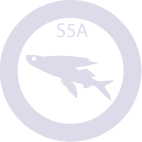
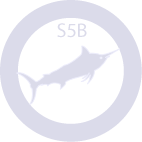
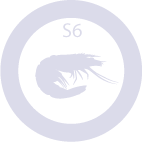
Please click on the colored SAP Strategy icon to obtain more information on the specific SAP Actions this initiative is contributing to (double-click to hide again)
Contributions to the 2030 UN Sustainable Development Agenda (SDG’s)


















Please click on the SDG14 colored icon to see to which specific SDG14 targets this initiative is contributing.
Other Regional and Global Commitments










